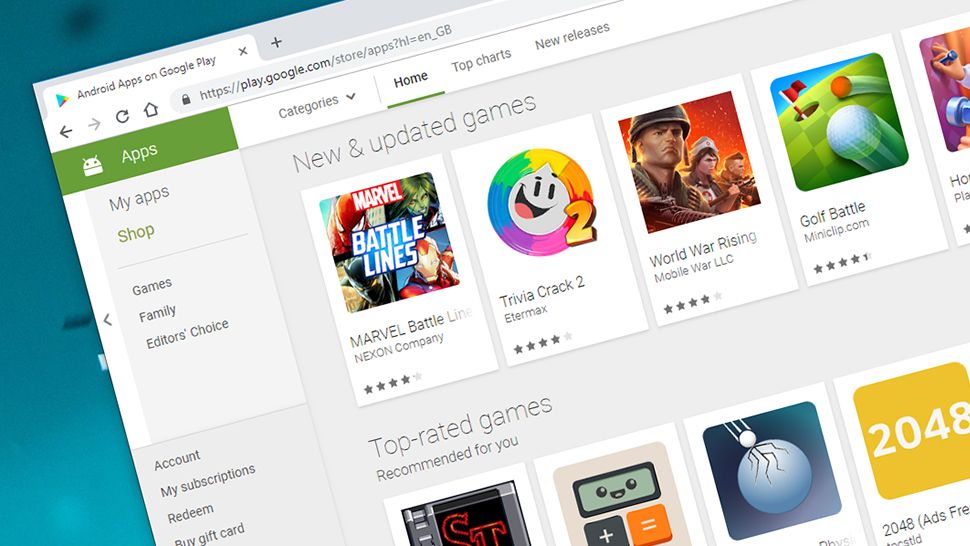The Android ecosystem, a bedrock of the smartphone experience for billions worldwide, including a significant chunk of India’s digital population, is on the cusp of a potentially seismic shift. A recent landmark settlement between Google and Epic Games in the United States could fundamentally alter how apps are distributed and monetised on the platform. This development carries profound implications for developers and users alike, promising a more open and competitive environment that echoes similar regulatory pushes seen closer to home.
The Landmark Google-Epic Settlement: A New Era for Android?
For years, Google’s Android platform, while open-source at its core, maintained tight control over app distribution and payment processing through its Google Play Store. Developers were largely bound by Google Play’s rules, including a mandatory commission of 15-30% on in-app purchases and subscriptions. This model became the focal point of a fierce legal battle initiated by Epic Games, the creators of the popular game Fortnite, which sought to bypass Google’s payment system to offer direct sales to users.
The core of Epic’s argument, which resonated with similar antitrust concerns globally, was that Google’s practices stifled competition and innovation. While a jury ultimately sided with Epic, declaring Google an illegal monopolist, both parties later reached a settlement to avoid further appeals. Under the terms of this agreement, Google has committed to significant changes. Most notably, it will allow developers to offer alternative app stores on Android and, crucially, use third-party billing systems for in-app purchases, effectively bypassing Google Play’s proprietary payment infrastructure and its associated fees.
This development is particularly pertinent for India, a market where Google’s dominance in the app distribution space has faced scrutiny. The Competition Commission of India (CCI) has previously taken action against Google, imposing penalties and ordering changes to its Play Store policies following investigations into its billing practices and abuse of dominant position. The Google-Epic settlement, though originating in the US, sets a precedent that aligns with these global regulatory pressures, potentially accelerating similar changes across jurisdictions.
What This Means for Developers and Users in India
The ripple effects of this settlement are expected to be substantial, especially for India’s burgeoning developer community and its vast consumer base. For Indian app developers and startups, this is a significant win. The ability to use alternative billing systems means they can potentially reduce their transaction costs, which could lead to greater profitability or allow them to reinvest more into product development and innovation. This flexibility can be a game-changer for many, from educational tech platforms to gaming studios and e-commerce apps, giving them more control over their revenue streams.
“This settlement signals a global shift towards a more equitable digital economy, empowering developers, particularly in high-growth markets like India, to innovate without punitive gatekeeper fees,” remarks a Mumbai-based tech policy analyst. “It creates a healthier competitive landscape where merit and innovation can truly flourish.”
For Indian users, these changes could manifest in several ways. Firstly, reduced costs for developers might translate into more competitive pricing for apps, in-app purchases, and subscriptions. We could see a wider variety of pricing models and potentially lower overall costs for digital content. Secondly, the emergence of alternative app stores could foster more competition, leading to unique regional offerings, better deals, or specialised app discovery experiences tailored to Indian consumers. Users might gain more choice in where and how they acquire their Android applications.
However, increased choice also comes with considerations. While alternative stores and billing systems offer flexibility, users will need to be more discerning about the sources of their apps to ensure security and privacy. Google has always highlighted the Play Store’s robust security vetting process, and while developers will still be responsible for the security of their alternative systems, users should exercise caution when venturing outside familiar channels.
The Road Ahead: Opportunities for a More Open Android
The implementation of these changes by Google will be closely watched. The specifics of how developers can integrate third-party billing, the ease with which alternative app stores can operate, and the clarity of user permissions will determine the true impact. For India, this move could catalyse further growth in its digital ecosystem, fostering local innovation and creating a more level playing field for startups against established giants.
Ultimately, the Google-Epic settlement paves the way for a more open and competitive Android, aligning with the global push for fairer digital markets. While the immediate effects might not be overnight, the long-term trajectory points towards a future where both developers and users have greater agency and choice, making the Android experience potentially richer and more diverse for everyone.




